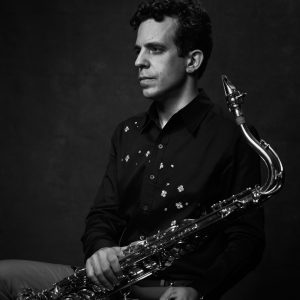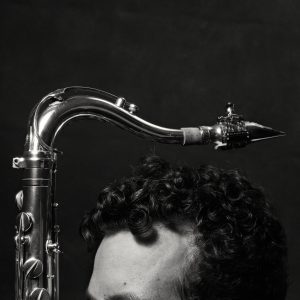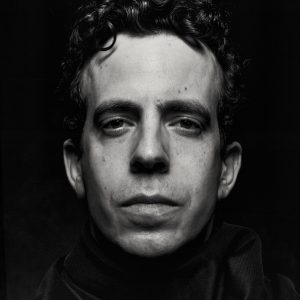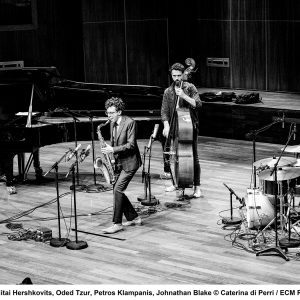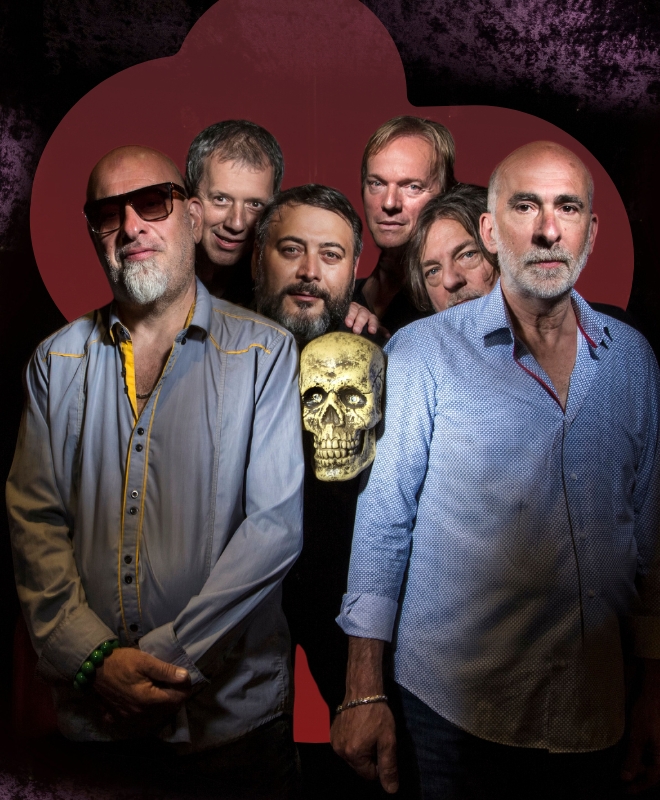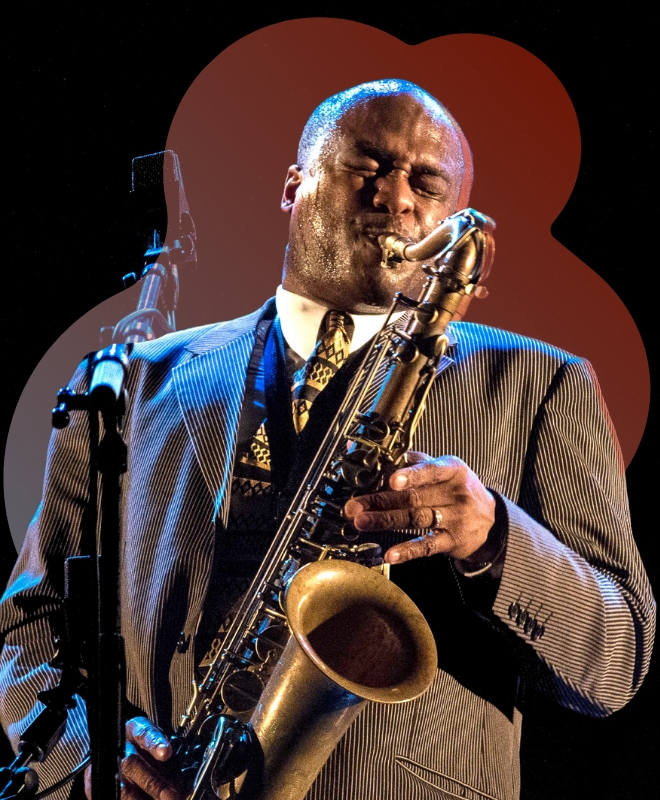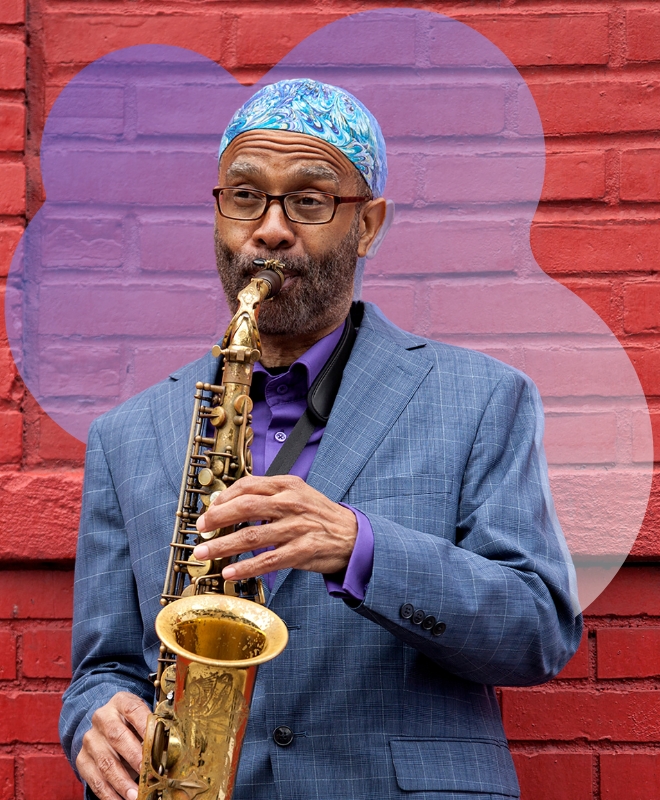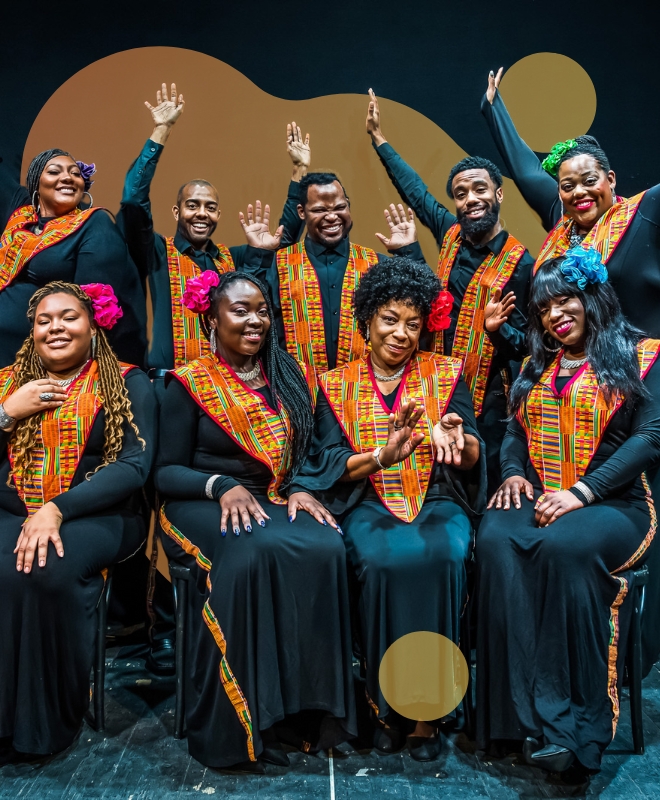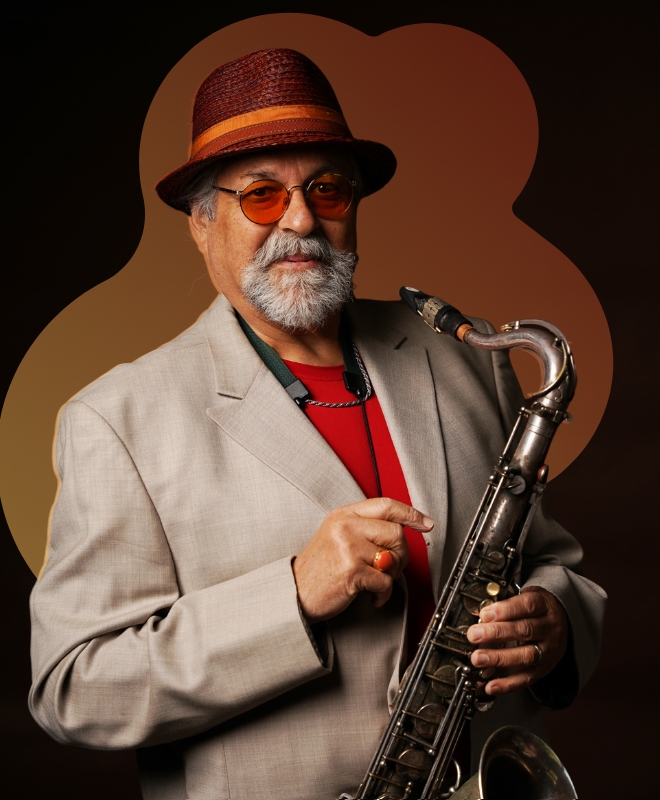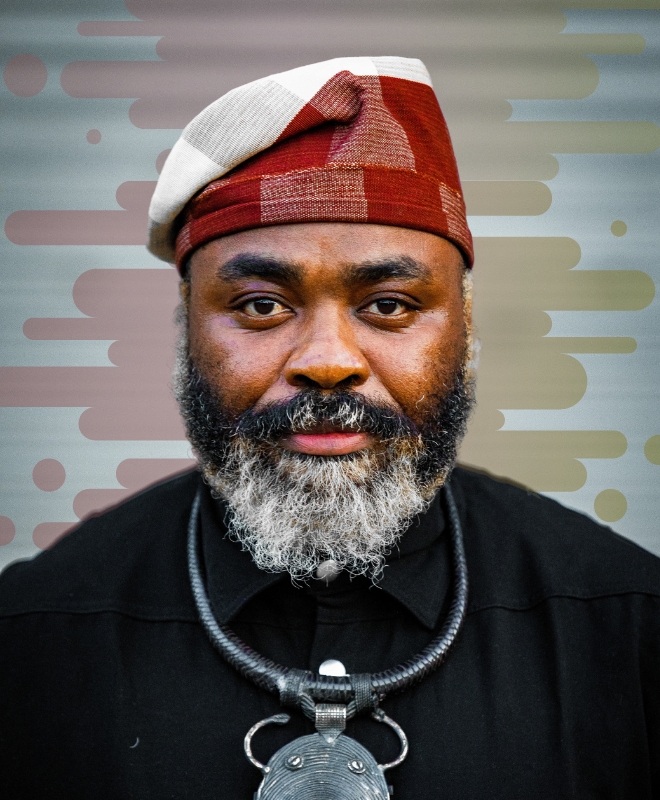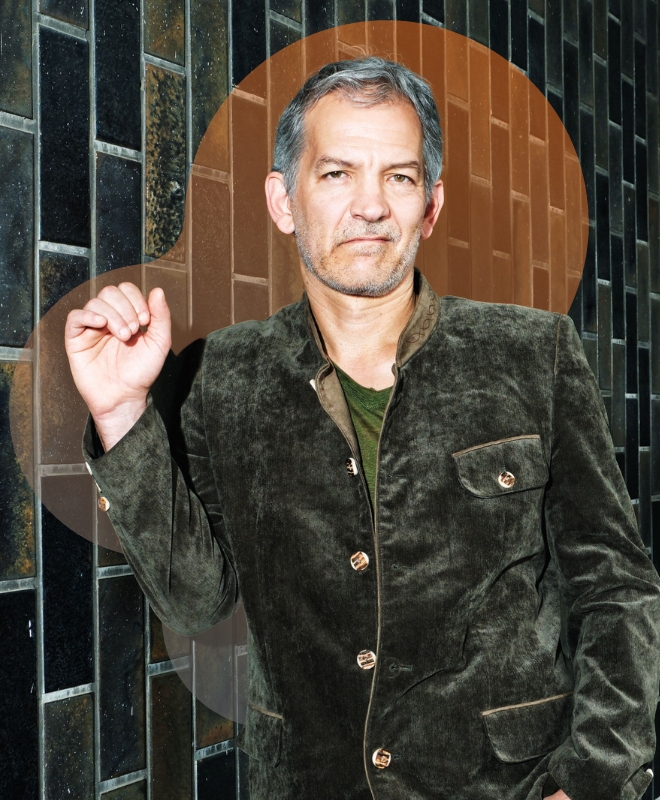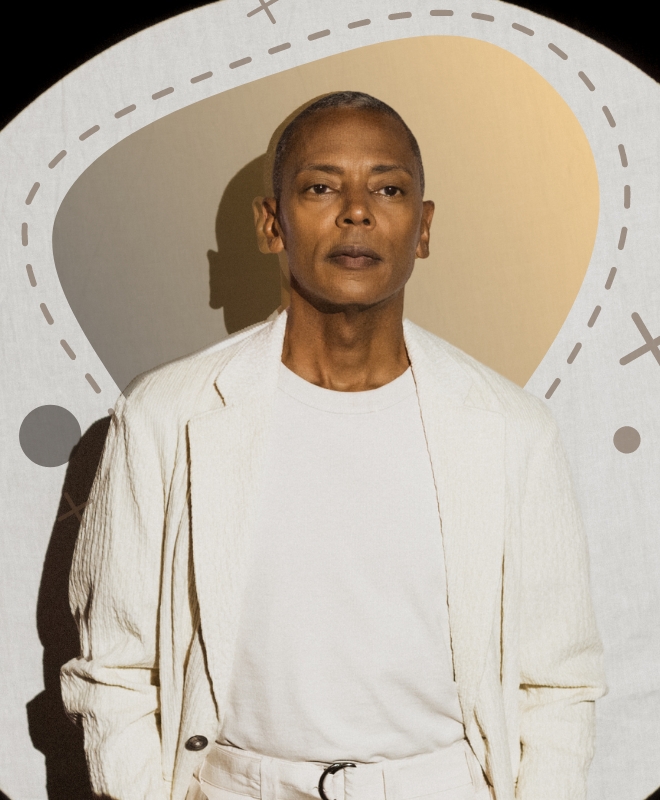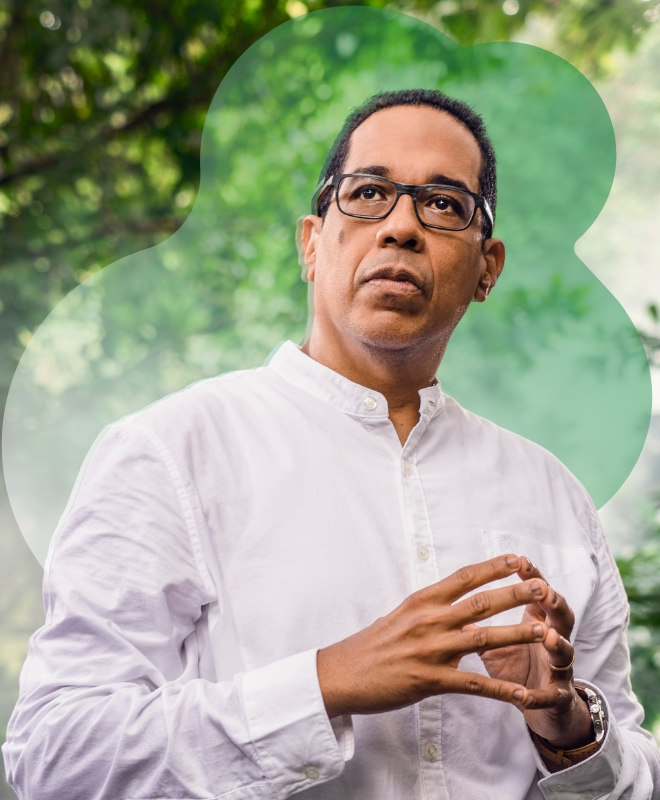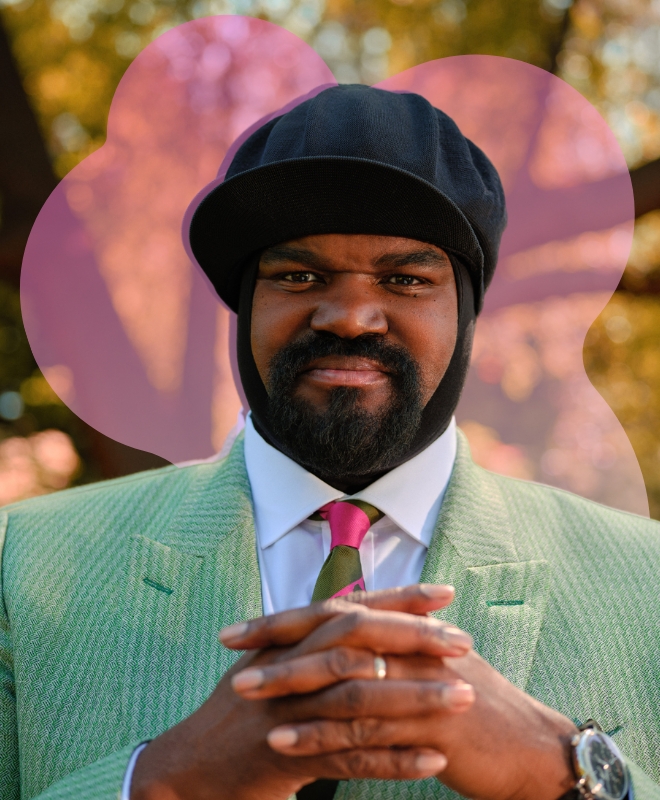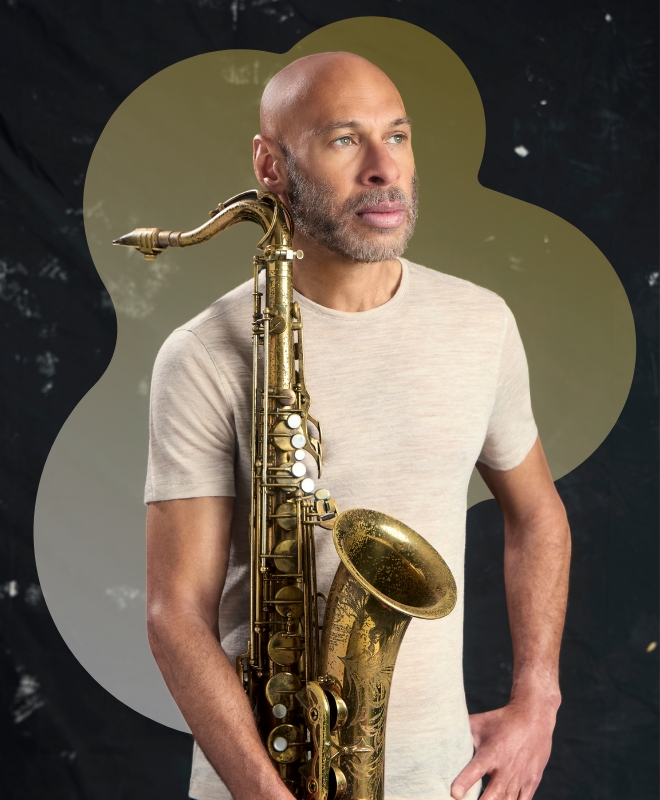Biography
“Unique Tenor Sax Whisper”
– The Guardian
Described by All About Jazz as “A thrilling new saxophone colossus”, Oded Tzúr is recognized globally as a torchbearer of Spiritual Jazz. His music is more than a conversation, states the New York City Jazz Record, it is “an interactive prayer”. Based in New York City, the Israeli-born saxophonist, composer, and bandleader embraces music as an art as well as a spiritual pursuit, culminating in a body of work that has reached millions of listeners.
An ECM Records artist, Tzúr is set apart by his use and development of microtonality on the saxophone. First presented at Trinity College Of Music, London, and more recently at the Juilliard School in New York, this decade long project is the result of Tzúr’s studies with India’s grandmaster of the Bansuri: Hariprasad Chaurasia. The way in which the Indian flute moves seamlessly from one pitch to another inspired Tzúr to go beyond what was deemed possible on his instrument. The master finally stated: “If a curtain were to be drawn in front of him, no one could tell which instrument was being played”
“The Coltrane Quartet of the 21st Century“
– CD Journal, Japan
Tzúr has shared his singular sound on some of the finest stages in the world, including Cafe de la Danse (Paris), The Public Theater (NYC), North Sea Jazz Festival (NL) and many more. In search of the hidden thread, not only between the notes of the saxophone, but also between the genres that have defined him, Tzúr set out to crystalize his concept in the form of a love letter. Isabela, his fourth album as a leader, was picked as one of the best Jazz albums of 2022 by The Guardian and named album of the year by numerous publications.


